Backward Design: Aligning learning objectives and assessments
Backward course design can feel counterintuitive. Start with you desired learning outcome then align assessments to those outcomes to ensure a cohesive learning experience.
| To leave a comment you must sign in. Please log in or create an ACM Account. Forgot your username or password? |
|
Create an ACM Account |
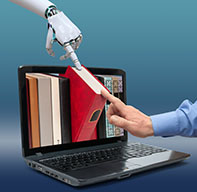
With more than half of its students online, Maryville is set to enhance learning outcomes through the integration of AI/LLM into the research process.

Microlearning aligns with the digital habits of today's students, making it conducive to engagement, critical thinking, and academic success.
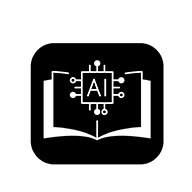
This article provides several definitions of microlearning and includes an example of a microlearning unit created with generative AI.
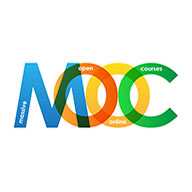
This article introduces a comprehensive examination of MOOCs, highlighting their potential to significantly reshape educational access and quality.
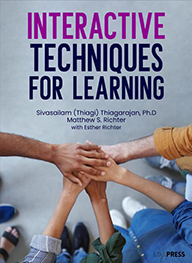
Challenging the misconceptions about interactive learning, this book grounds interactive strategies in cognitive science.

The presence of faculty facilitates the social and cognitive engagement of learners, which in turn can support student learning and academic success

Increasing immediacy decreases the physical and psychological distance between people in the online classroom and beyond

Efficient online teaching strategies so you can stop wasting time and focus on quality interactions with your students.

Potential benefits and challenges are: enhanced teaching practices, personalized learning promotion, data privacy, and misinformation.

Feedback is important regardless of the learning environment, but depending on the environment, the methods and processes instructors use matter.
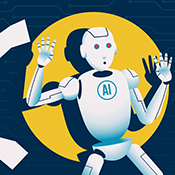
As generative artificial intelligence (GenAI) tools become increasingly accessible, higher education institutions must address the challenge of maintaining academic integrity while preparing students for an AI-integrated future. Institutions that rely solely on AI-detection software risk fostering adversarial learning environments due to false positives and a punitive culture. Instead, a comprehensive approach that integrates AI literacy with institutional policy can foster ethical engagement with AI. Drawing on recent literature and best practices, this article examines the limitations of detection tools.

As demand for online courses continues to rise in higher education, many institutions struggle to develop, promote, and sustain high-quality online programs, in part due to limited capacity. In response, Online Program Managers (OPMs), private companies that collaborate with colleges and universities to create and provide online offerings, have become increasingly prominent over the past 15 years. These partnerships allow institutions to scale online courses and programs without having to contribute significant upfront investments. However, there remains a general lack of awareness about what OPMs are, the scope of their services, and the trade-offs involved. This article aims to shed light on the advantages and potential drawbacks of OPM partnerships.